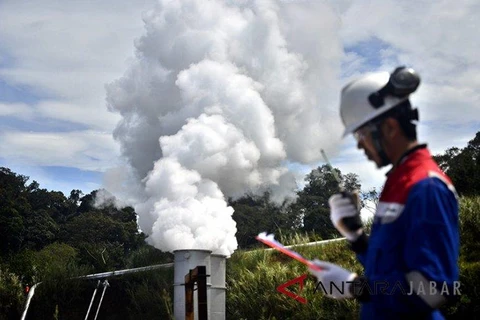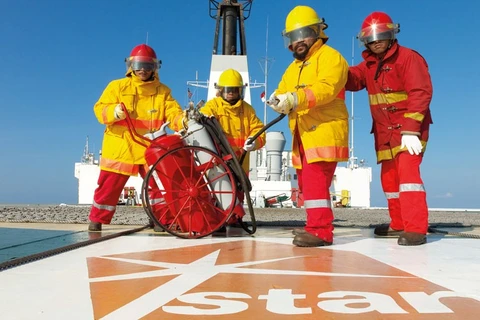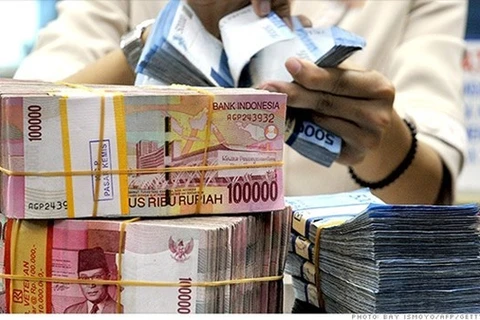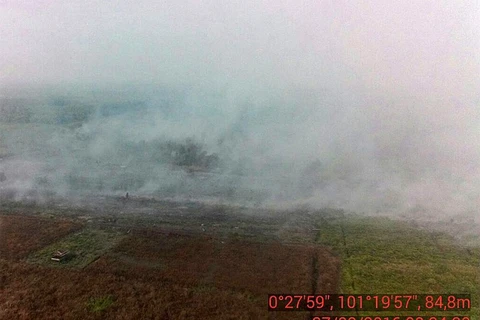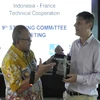Jakarta (VNA) – The Asian Development Bank (ADB) has approved a loan worth 300 million USD to help PT Geo Dipa Energi (GDE), an Indonesian state-owned company, expand its geothermal power generation.
In its May 28 announcement, ADB said that it will also manage a 35 million USD loan from the Clean Technology Fund for the project.
GDE will use these loans to investing in expanding its geothermal power generation capacity by 110 megawatts in Java, the country’s largest electricity grid, through the construction and commission of two geothermal plants at Dieng in Central Java and Patuha in West Java.
GDE President Director Riki Ibrahim said that the Geothermal Power Generation Project, recognized as a National Strategic Project by the government, will provide environmentally friendly base-load electricity to the Java–Bali electricity grid, reducing CO2 emissions by more than 700,000 tonnes per year.
The project will build critical geothermal experience in Indonesia and contribute to the government’s efforts to attract private-sector investment in the sector by reducing early-stage project development risk.
The project, approved amid the COVID-19 pandemic, will help ensure that Indonesia’s economic recovery will be green, sustainable, and resilient, he added.
“ADB’s geothermal project will help Indonesia combat climate change and make its electricity system more sustainable, reliable, and efficient. It will also help businesses and consumers access affordable, reliable, and modern energy,” said ADB Country Director for Indonesia Winfried F. Wicklein.
Indonesia has the world’s largest geothermal potential, with an estimated 29 gigawatts (GW), and the world’s second-largest installed geothermal capacity of 2.1 GW./.
VNA

